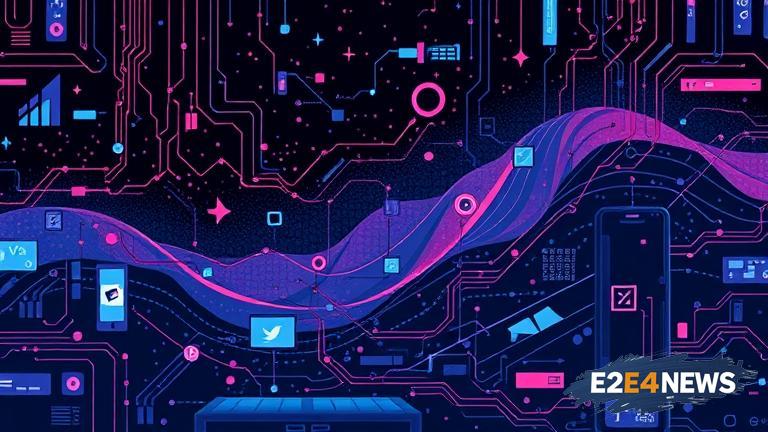The tech industry has been hit with a series of layoffs in recent months, leaving many to wonder what is behind this trend. One major factor is the increasing use of artificial intelligence (AI) in various sectors, which has led to automation and reduced the need for human workers. Many tech companies have been investing heavily in AI research and development, with the goal of creating more efficient and cost-effective systems. However, this shift towards AI has also resulted in significant job losses, as companies look to streamline their operations and reduce costs. According to recent reports, several major tech companies have laid off thousands of workers, citing the need to adapt to changing market conditions and invest in emerging technologies like AI. The use of AI in tech companies is not limited to automation, but also includes applications such as data analysis, customer service, and content creation. While AI has the potential to bring about significant benefits, such as increased productivity and improved decision-making, it also poses significant challenges for workers who are displaced by automation. The impact of AI on the job market is a complex issue, with some experts predicting that it could lead to widespread unemployment, while others argue that it will create new job opportunities in fields related to AI development and deployment. Despite the uncertainty surrounding the impact of AI on employment, one thing is clear: the tech industry is undergoing a significant transformation, and companies must adapt to these changes in order to remain competitive. The layoffs in the tech industry are not limited to any one company or sector, but rather are a widespread phenomenon that reflects the rapidly changing nature of the industry. As AI continues to advance and become more integrated into various aspects of business operations, it is likely that we will see even more significant changes in the tech industry. The role of AI in the layoffs is multifaceted, as it is not only replacing human workers but also changing the way companies approach innovation and product development. Furthermore, the increasing use of AI is also leading to changes in the skills and qualifications required for workers in the tech industry. While some workers may need to acquire new skills in order to remain relevant, others may find that their jobs are no longer needed. The tech industry is not the only sector that is being impacted by AI, as it is also being used in a variety of other fields, such as healthcare, finance, and education. However, the tech industry is at the forefront of this trend, and it is likely that we will see even more significant changes in this sector in the coming years. In addition to the impact on workers, the layoffs in the tech industry also have significant implications for the economy as a whole. As companies reduce their workforce, it can have a ripple effect throughout the economy, leading to reduced consumer spending and economic growth. The government and other stakeholders must take a proactive approach to addressing the challenges posed by AI, including providing support for workers who are displaced by automation and investing in education and training programs that can help workers acquire the skills they need to succeed in an AI-driven economy. Ultimately, the key to navigating the challenges posed by AI will be to strike a balance between the benefits of technological advancement and the need to protect workers and communities. By working together, we can ensure that the benefits of AI are shared by all, and that the negative consequences are mitigated. The future of the tech industry is uncertain, but one thing is clear: AI will play a major role in shaping the industry in the coming years. As companies continue to invest in AI research and development, we can expect to see even more significant changes in the tech industry. The impact of AI on the tech industry will be far-reaching, and it will require companies, governments, and workers to adapt to a new reality. The use of AI in the tech industry is not a trend that will reverse itself, but rather it is a fundamental shift in the way that companies approach innovation and product development. In conclusion, the layoffs in the tech industry are a complex issue that reflects the rapidly changing nature of the industry. While AI has the potential to bring about significant benefits, it also poses significant challenges for workers who are displaced by automation. As the tech industry continues to evolve, it is likely that we will see even more significant changes in the coming years.
